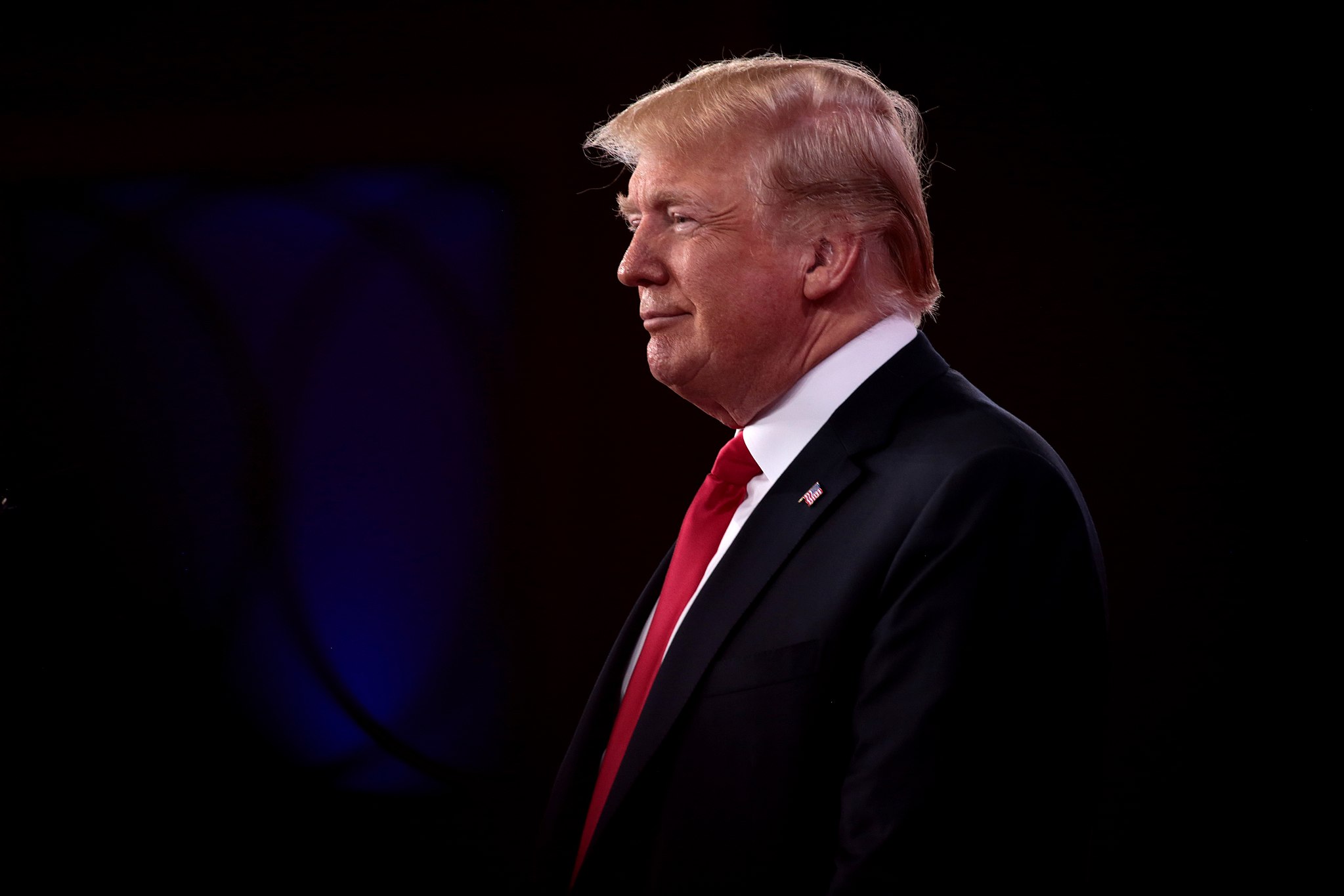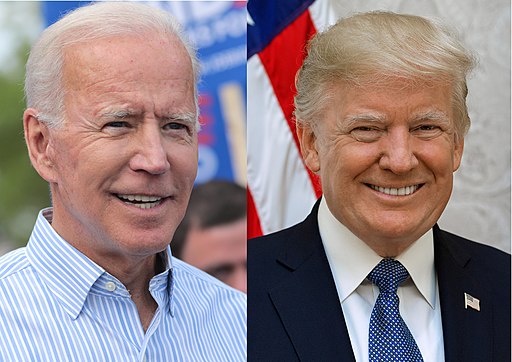In a unique display of unity among the top late-night TV figures, Bill Maher ended his recent episode with a sharp critique of one of his peers.
The concluding segment of Maher’s show focused on comedian Hasan Minhaj, and allegations from a recent New Yorker article that claimed he fabricated certain stories, both on and off the stage. Maher initiated his critique by drawing parallels between Donald Trump’s conspiracy narratives and the idea of “emotional truth” from some on the left. However, he found limited examples to substantiate this claim.
Maher humorously commented on Minhaj’s situation by likening him to Jussie Smollett’s controversial incident. He emphasized that if Minhaj’s dramatized accounts are intended to generate empathy for him as a Muslim and a person of color, it might suggest that the extent of discrimination Muslim Americans face isn’t as severe as some suggest.
Detailing Minhaj’s embellished stories, Maher pointed out the importance of being truthful when challenging authority. He also revealed a personal grievance, stating Minhaj once wrongfully accused him of advocating for interning Muslims, an idea Maher denies ever endorsing. He further drew comparisons between Minhaj’s actions and Trump’s misinformation tactics.
Interestingly, Minhaj’s criticism of Maher’s alleged anti-Islam views might have been instrumental in him joining The Daily Show under Jon Stewart’s tenure.
Maher expressed concern over what he perceives as a trend among younger generations, which he believes involves constructing an identity based on victimhood. He contended that they seem so eager to oppose racism that they might invent instances where none exists, which he views as counterproductive given the genuine presence of racism in the world.
Maher went on to suggest that Minhaj feels left out due to societal advancements, implying he lacks genuine oppression narratives. Maher remarked, “Considering the cultural context, he’s fortunate. For instance, a Muslim-Hindu marriage, like Minhaj’s, would face dire consequences in places like India.”
Since the New Yorker’s revelations, Minhaj hasn’t received widespread support from fellow comedians and may have even missed out on a significant career opportunity with The Daily Show. Yet, Maher’s candid critique could inadvertently rally sympathy for Minhaj.

